Significantly, The New York Times has sued Microsoft and OpenAI, claiming copyright violations in the creation of their large language models (LLMs), which drive ChatGPT and Copilot, artificial intelligence platforms.
According to the lawsuit, both businesses built their AI models by "copying and using millions" of articles from The New York Times, putting their material in direct competition with that of the publication, as The Verge writes.
According to the New York Times, OpenAI and Microsoft's LLMs can produce output that either accurately summarises the information of the media outlet, mimics its emotive manner, or recites it verbatim.
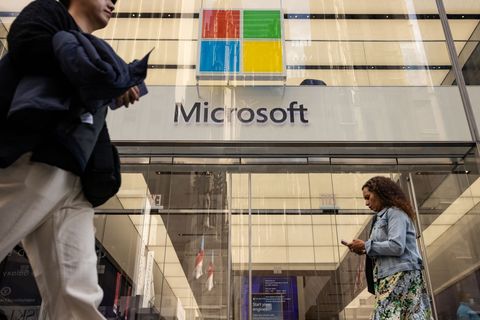
The Times has lost vital revenue streams such subscriptions, licencing, advertising, and affiliate revenue as a result of this conduct, which the complaint claims has damaged the publication's relationship with its readers.
The lawsuit further argues that by undermining news outlets' capacity to safeguard and profit from their content, the defendants' employment of AI models threatens the integrity of high-quality journalism. The report also noted that the case claimed that both businesses intended to use The Times' significant journalism investment to develop rival goods without authorization or payment.
The New York Times alleges it was unable to agree with OpenAI and Microsoft, despite efforts to negotiate a fair value for the use of its information.
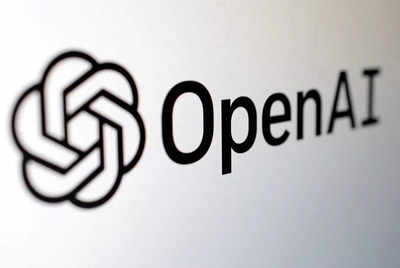
In addition to asking a court order to stop both businesses from using its content to train their AI models, the publication is now suing for billions of dollars in statutory and actual damages. It continued, saying that The Times is also requesting that its work be taken down from the datasets that Microsoft and OpenAI use.
To stop the scraping of their content for AI model training, news organisations including the BBC, CNN, and Reuters have been banning OpenAI's web crawler. This legal action is the next in line for this trend.
There is a difference in the media sector on the use of AI technologies, though, since certain newspapers, like Axel Springer, have embraced partnerships with OpenAI. The verdict in this case may have an impact on how media companies and AI developers interact in the future.




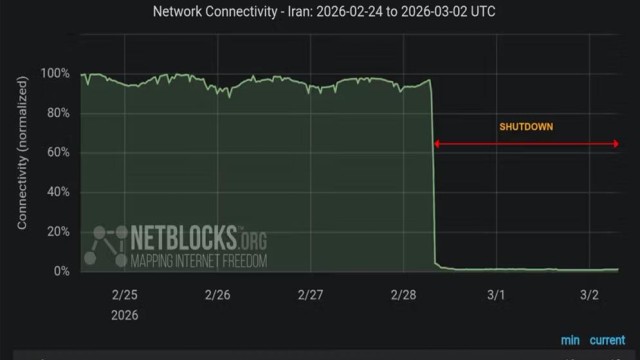




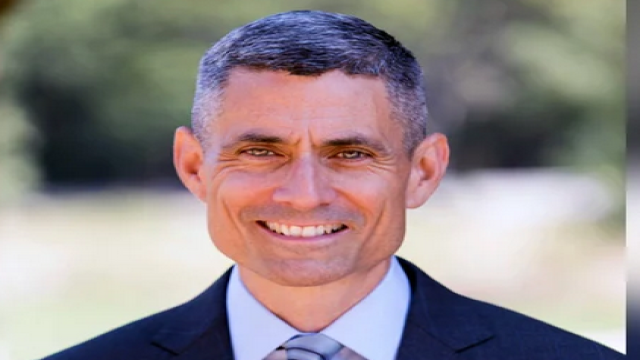
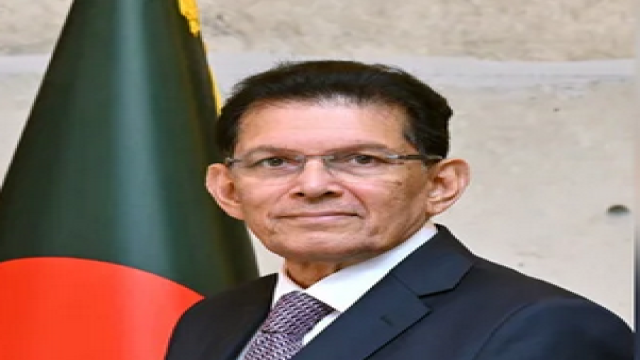



















Comment: